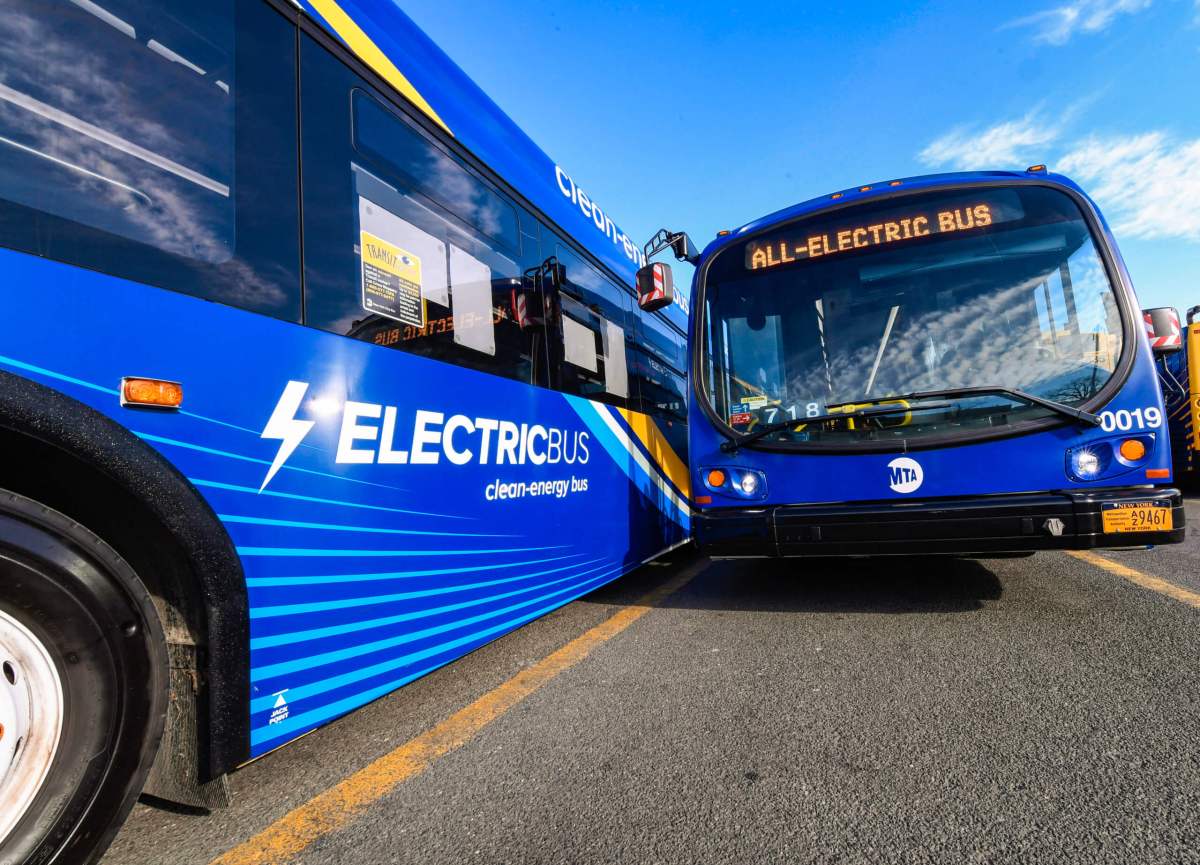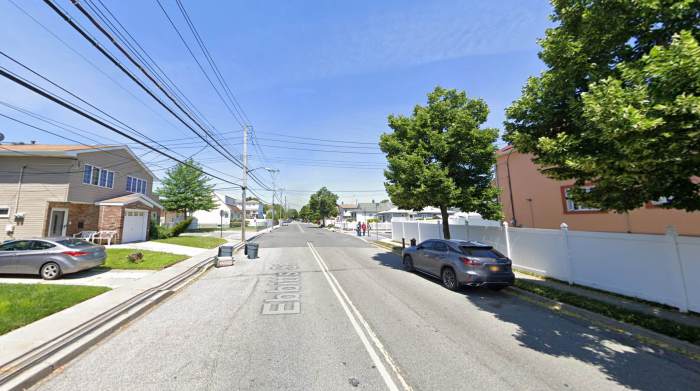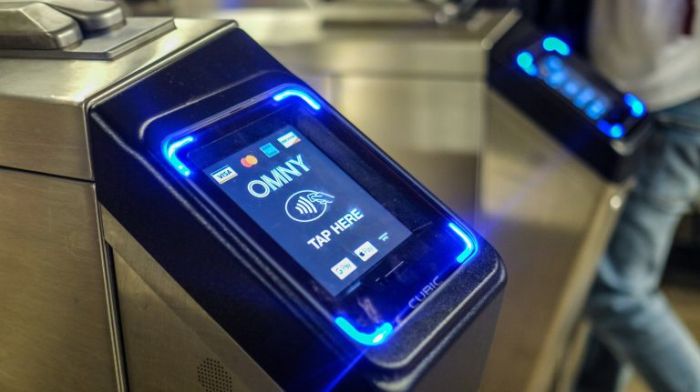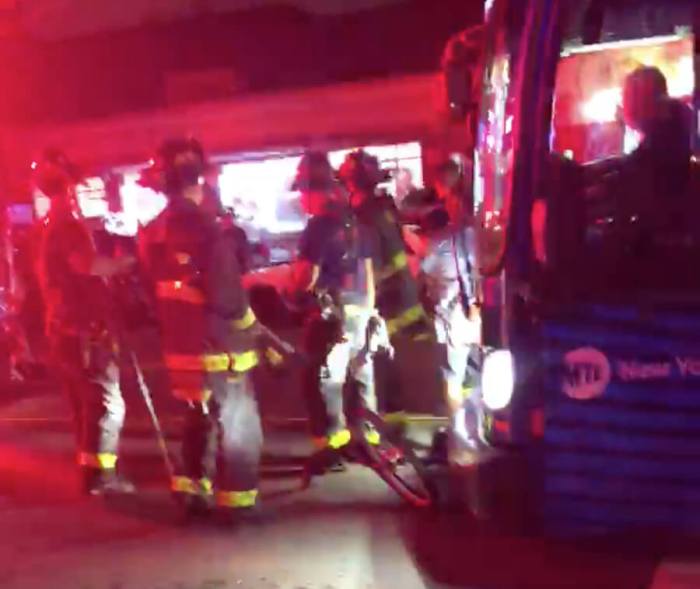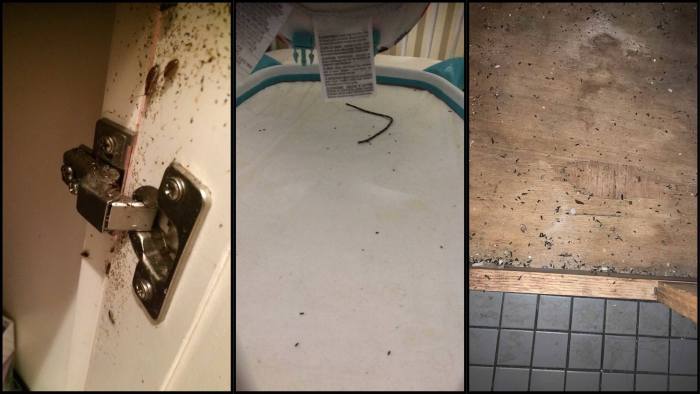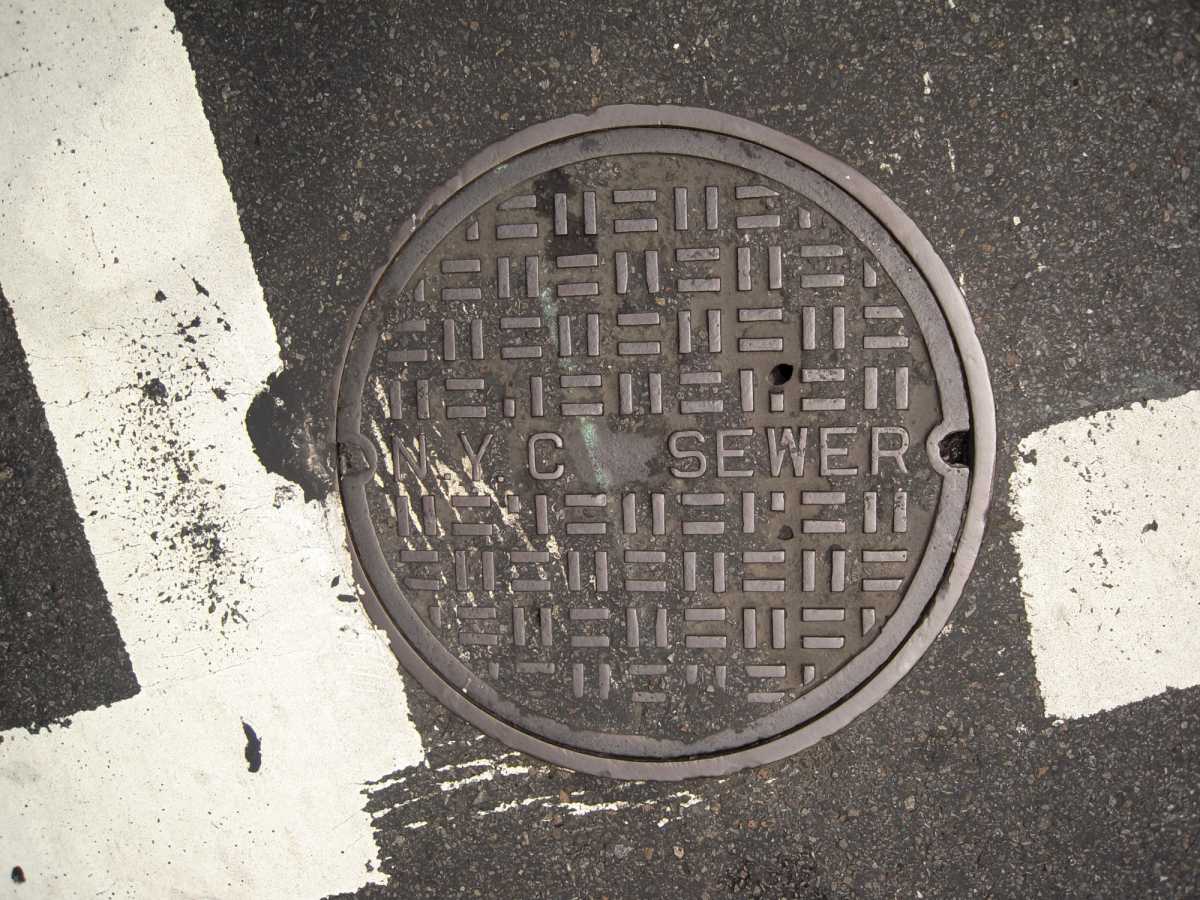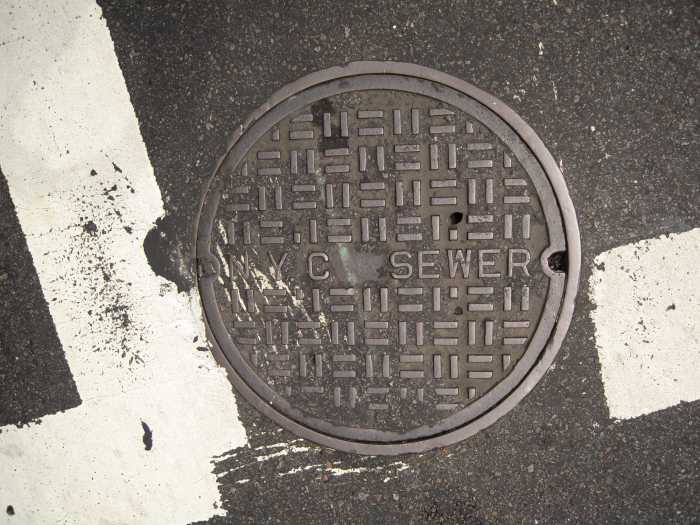The Metropolitan Transportation Authority plans to build its first all-electric bus depot in Jamaica, transit leaders announced at the existing depot in the southeastern Queens neighborhood on Tuesday.
“Transit is the antidote to global climate change,” said MTA’s acting Chairperson and CEO Janno Lieber during a Dec. 14 press conference with local leaders. “This is exactly the kind of investment New York needs to be able to build back better, as we all say, at this critical moment in transit.”
The agency will launch the search for contractors through a so-called Request for Qualification in March 2022, and expects the construction to take about 4.5 years for the $400 million project.
The new facility will house upward of 60 electric buses when it opens and eight zero-emissions people movers will charge and be dispatched from the site during construction, according to New York City Transit interim President Craig Cipriano.
The existing depot will stay open while the new one is built and NYCT will store buses in a new parking facility at nearby York college.
MTA hopes to fund the project through state investments and federal funds from President Joe Biden’s recently-enacted infrastructure plan, which doubled the number of grants for the green buses, according to Lieber.
“The MTA is 40% of all the transit riders in the United States, and we get something like 15-16% of the money, so you can be sure we’re gonna fight for every last dollar out of this new infrastructure bill,” the transit big said.
The transit agency aims to transition its 5,800-strong bus fleet to zero-emissions by 2040, but won’t stop buying diesel-fuel-powered vehicles until 2028. The buses have about a 12-year life-span.
On Wednesday, the MTA’s 21-member board is set to approve the purchase of 135 diesel-powered buses this month from Canadian manufacturer Nova Bus for $87.5 million using a grant by the Federal Transit Administration.
About a third of bus schedules cannot run with current battery technology, Cipriano told amNewYork Metro, noting that some vehicles are out of the depots for 20 hours at a time across several routes and driver shifts.
The agency also needs to build out its charging capacity with local utilities before it can juice a larger fleet, according to Lieber.
“The MTA’s all-electric bus program is not just about buying zero emissions buses. We need to build the necessary infrastructure to support them,” he said.
MTA began rolling out all-electric buses in 2018, and currently has 15 in operation, according to Cipriano. Another 60 will join the stable after the board approved their purchase in November.
As part of the current 2020-2024 capital plan, officials want to add 500 zero-emissions buses for $1.1 billion, out of a total 2,200 new buses.



